Do you ever find yourself cringing at the bitterness of your morning brew? You’re not alone. Even as a seasoned coffee enthusiast, I’ve faced this challenge and discovered that some coffee varieties exhibit less of that harsh taste. So what is the best coffee that is not bitter?
Intriguingly, arabica beans are typically less bitter than robusta! This guide will explore the best non-bitter coffees out there, from specific brands to brewing techniques. Dive in for a smoother start to your day!
Key Takeaways
- Arabica beans tend to produce less bitter coffee compared to Robusta beans.
- Proper brewing techniques, such as controlling water temperature and extraction time, can help reduce bitterness in coffee.
- Lightly roasted coffee tends to have a milder taste and lower bitterness compared to dark roasts.
- Cold brew method and alternative brewing methods like pour – over or French press can result in smoother and less bitter coffee.
Understanding Bitterness in Coffee
Bitterness in coffee can be caused by over-extraction and the roast levels of the beans, which can vary between Arabica and Robusta varieties.
Causes of bitterness
Bitterness in coffee comes from many things. One reason is the bean type. Robusta beans make more bitter coffee than Arabica beans. Also, how long you brew your coffee can add to bitterness.
This is called over-extraction. When water spends too much time with the grounds, it pulls out harsh flavors. Another cause is roast level – dark roasts are often more bitter because they lose sweet tastes during cooking and gain heavy flavors instead.
So, to avoid a bitter cup, think about these points next time you brew!
Over-extraction and roast levels
When it comes to bitterness in coffee, two important factors to consider are over-extraction and roast levels. Over-extraction happens when the water is in contact with the coffee grounds for too long, resulting in an overly bitter taste.
To avoid this, it’s crucial to follow proper brewing techniques and adjust parameters like grind size, water temperature, and extraction time.
Roast levels also play a role in the bitterness of coffee. Lighter roasts tend to have less bitterness compared to darker roasts. This is because lighter roasts preserve more of the natural flavors of the beans without developing intense bitter oils.
So if you prefer a less bitter cup of joe, choosing a lightly or medium-roasted coffee can be a good option.
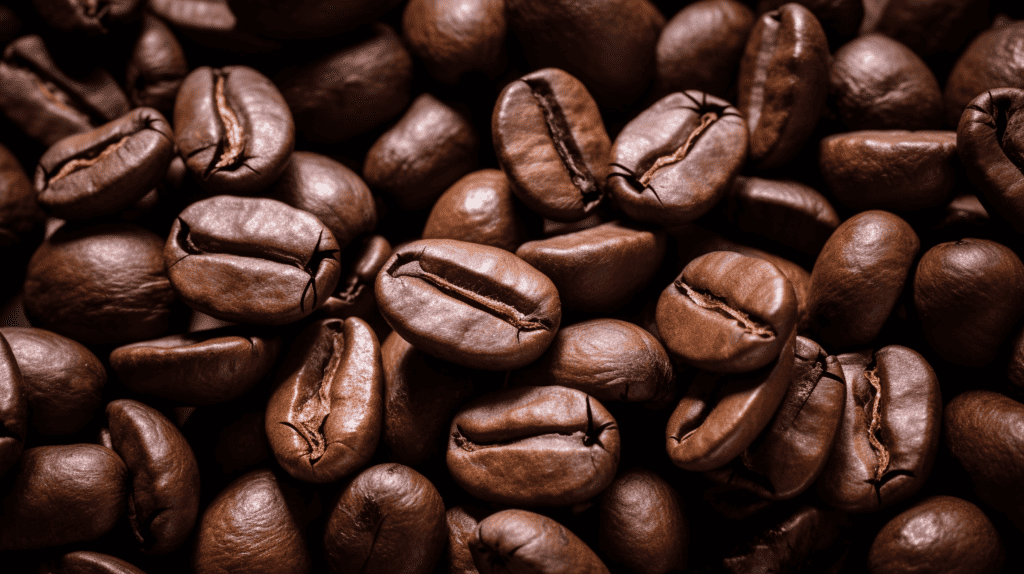
Differences between Arabica and Robusta beans
Arabica and Robusta beans are two common types of coffee beans with noticeable differences in flavor and characteristics. Arabica beans, known for their mild taste, tend to produce a smoother and less bitter coffee compared to Robusta beans.
On the other hand, Robusta beans have a stronger and more robust flavor profile, often associated with higher levels of bitterness. Arabica beans are generally considered superior in quality due to their lower acidity levels and more delicate flavors.
They also thrive at higher altitudes, resulting in a richer aroma. In contrast, Robusta beans are easier to cultivate and contain higher caffeine content but lack the complexity found in Arabica coffee.
Best Coffee Options That Are Not Bitter
Here are some top picks for coffee that delivers a smooth and balanced flavor profile without any bitter aftertaste: Rise Brewing Co. Oat Milk Mocha Nitro Cold Brew, Dark Roast Coffee from Koffee Kult, Light Roast Coffee from Caribou Coffee, and Death Wish Coffee Company.
Rise Brewing Co. Oat Milk Mocha Nitro Cold Brew
Rise Brewing Co. Oat Milk Mocha Nitro Cold Brew is a great option for coffee enthusiasts who want a non-bitter and smooth-tasting coffee experience. Made with high-quality arabica beans, this cold brew has a balanced flavor that is not overpowering or bitter.
The addition of oat milk and mocha adds a creamy and sweet touch to the coffee, enhancing its overall taste. The nitro infusion gives it a silky smooth texture, making it even more enjoyable to drink.
So if you’re looking for a delicious and non-bitter coffee option, give Rise Brewing Co. Oat Milk Mocha Nitro Cold Brew a try!
Dark Roast Coffee from Koffee Kult
Dark Roast Coffee from Koffee Kult is a great option for coffee lovers who want a bold and flavorful cup without the bitterness. This coffee is made from high-quality arabica beans, which tend to be less bitter than robusta beans.
The dark roast brings out rich flavors and aroma, with hints of chocolate and caramel. It has a smooth and full-bodied taste that many coffee enthusiasts enjoy. Koffee Kult takes pride in sourcing their beans from different regions around the world to ensure top-notch quality.
So if you’re looking for a non-bitter yet strong and satisfying coffee experience, give Dark Roast Coffee from Koffee Kult a try!
Light Roast Coffee from Caribou Coffee
Caribou Coffee offers a light roast coffee that is smooth and mild in flavor. This coffee is made from high-quality arabica beans, which tend to be less bitter than robusta beans. The light roast brings out the delicate flavors of the beans without any overpowering bitterness.
Caribou Coffee’s light roast coffee has a balanced taste with subtle hints of sweetness and a pleasant aroma. It is a great option for those who enjoy a mellow and gentle brew with a smooth finish.
So if you’re looking for a non-bitter coffee experience, give Caribou Coffee’s light roast a try!
Death Wish Coffee Company
I’ve got to mention Death Wish Coffee Company when talking about non-bitter coffee options. They’re known for their strong and bold flavors, but surprisingly, their coffee is not overly bitter.
This company uses a blend of arabica and robusta beans carefully roasted to bring out the rich flavors without the bitterness. So if you want a smooth and aromatic coffee with a mellow taste, definitely check out Death Wish Coffee Company.
They’ve gained quite a following among coffee lovers looking for that perfect balance of flavor without the harsh bitterness.
Factors That Make Coffee Less Bitter
Factors that contribute to a less bitter coffee experience include using the cold brew method, employing proper brewing techniques, selecting high-quality beans, and maintaining clean equipment.
Cold brew method
One method to make coffee that is not bitter is by using the cold brew method. Cold brew involves steeping coffee grounds in cold water for an extended period, usually overnight. This slow extraction process produces a smooth and less acidic cup of coffee.
The result is a beverage with lower bitterness levels compared to traditional hot brewing methods. Cold brew can be made with any type of coffee beans, but using high-quality arabica beans can enhance the flavor profile even further.
So if you’re looking for a non-bitter coffee experience, try the cold brew method!
Proper brewing techniques
To make a non-bitter coffee, I have found that using proper brewing techniques is essential. Here are some tips to help you achieve a smooth and enjoyable cup of coffee:
- Use the right amount of coffee: Start with a ratio of 1 to 2 tablespoons of coffee per 6 ounces of water. Adjust according to your preference for strength.
- Grind the beans correctly: A medium grind is generally recommended for most brewing methods. Finer grounds can lead to over-extraction and bitterness, while coarser grounds may result in weak and under-extracted coffee.
- Control water temperature: Water that is too hot can extract bitter compounds from the coffee grounds. Aim for a temperature between 195°F and 205°F (90°C to 96°C) for optimal flavor extraction.
- Brewing time matters: Different methods require different brewing times. Avoid over-extracting the coffee by following the recommended brewing time for your chosen method.
- Clean equipment regularly: Residue and buildup on your coffee equipment can affect the taste of your brew. Keep your equipment clean and well-maintained to ensure a fresh and flavorful cup every time.
Quality of beans
The quality of beans plays a crucial role in determining the bitterness level of your coffee. High-quality arabica beans are generally less bitter compared to robusta beans. When choosing beans, look for ones that have been grown and processed with care.
This ensures that you’re getting the best flavor and fewer bitter compounds. It’s also important to consider the roast level of the beans. Lighter roasts tend to have a milder taste and lower bitterness compared to dark roasts.
So, when looking for non-bitter coffee options, opt for high-quality arabica beans that are lightly roasted for a smoother and more enjoyable experience.
Clean and maintained equipment
Having clean and well-maintained coffee equipment is crucial in producing a non-bitter cup of coffee. When your brewing tools are dirty or filled with leftover residue, it can affect the taste of your brew.
To avoid bitterness, make sure to regularly clean your coffee machine, grinder, and any other equipment you use. This will remove any built-up oils or particles that can lead to a bitter flavor.
Additionally, maintaining your equipment by following the manufacturer’s instructions for cleaning and maintenance can prolong its lifespan and ensure optimal performance. So, keep those machines sparkling clean for a smooth and delicious cup of joe!
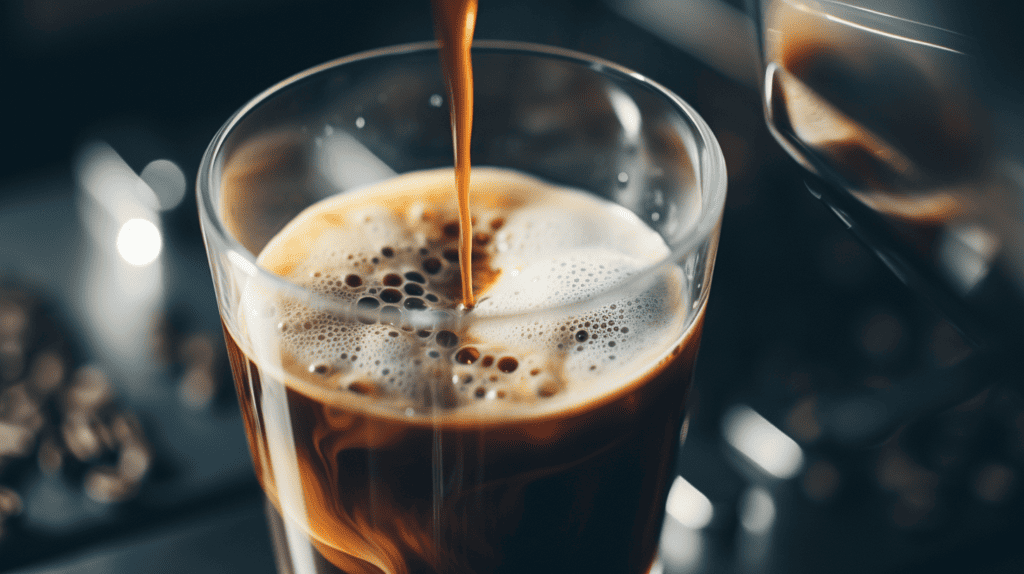
Addressing Bitterness in Coffee
To address bitterness in coffee, there are several strategies you can try. From adding cream and sugar to exploring alternative brewing methods like pour-over or French press, the options are endless.
Adjusting brewing parameters such as grind size, water temperature, and extraction time can also make a difference. Find out more about how to enjoy a non-bitter coffee experience by reading on!
Adding cream and sugar
If you find your coffee too bitter, adding cream and sugar can help balance the taste. Cream adds a smooth and creamy texture while sugar adds sweetness. However, keep in mind that this is a matter of personal preference, and some people may enjoy their coffee without any additions.
Experiment with different amounts of cream and sugar to find the right balance for your taste buds. Remember that using high-quality arabica beans and proper brewing techniques can also contribute to a less bitter cup of coffee.
Exploring alternative brewing methods (pour-over, French press, etc.)
If you want to enjoy a coffee that is not bitter, you can try different brewing methods. Here are some options to consider:
- Pour-over: This method involves pouring hot water over coffee grounds in a filter. It allows for more control over the brewing process and produces a smooth and balanced flavor.
- French press: With this method, coffee grounds are steeped in hot water and then pressed down with a plunger. It creates a rich and full-bodied coffee with less acidity.
- AeroPress: The AeroPress uses air pressure to extract flavors from the coffee grounds. It produces a clean and smooth cup of coffee, with less bitterness.
- Cold brew: Cold brewing involves steeping coffee grounds in cold water for an extended period of time. This method results in a low-acid and smooth-tasting coffee that is often less bitter.
Adjusting brewing parameters (grind size, water temperature, extraction time)
When brewing coffee, there are a few key parameters that can be adjusted to reduce bitterness. Here are some tips:
- Grind size: Using a coarser grind size can help decrease bitterness in your coffee. Finer grounds tend to over-extract and release more bitter flavors.
- Water temperature: Brewing with water that is too hot can also contribute to bitterness. Aim for a water temperature between 195-205°F (90-96°C) for optimal extraction and balanced flavor.
- Extraction time: The amount of time coffee is in contact with water during brewing affects its taste. Over-extraction can lead to bitterness, so try adjusting the brew time by using a timer or experimenting with different methods.
Conclusion: Enjoying a Non-Bitter Coffee Experience
Finding the perfect coffee that is not bitter can elevate your coffee-drinking experience. By understanding the causes of bitterness, exploring different coffee options, and implementing brewing techniques to reduce bitterness, you can enjoy a smooth and flavorful cup of joe.
Whether it’s a light roast from Caribou Coffee or a nitro cold brew from Rise Brewing Co., there are plenty of non-bitter coffee options out there to satisfy your taste buds. So go ahead, savor the rich flavors without any unwanted bitterness!
Are Creamy Coffee Beans the Key to Avoiding Bitterness in Coffee?
Are creamy coffee beans for ultimate flavor the secret to escaping bitterness in your cup of joe? These smooth and velvety beans not only enhance the richness and depth of your coffee but also add a delightful creaminess to each sip. By opting for creamy coffee beans, you can elevate your coffee experience and bid farewell to any bitter taste that might linger.
FAQs on Best Coffee That Is Not Bitter
1. What makes a coffee not bitter?
A coffee that is not bitter is typically made from high-quality beans and brewed with the right water temperature, extraction time, and grind size to avoid over-extraction.
2. Can I make coffee less bitter at home?
Yes, you can make coffee less bitter at home by using fresher beans, adjusting the brewing method or ratio of coffee to water, and adding milk or sugar to taste.
3. Are there specific types of coffee that are known for being less bitter?
Yes, certain types of coffee like Arabica beans are generally considered to have a milder flavor profile with less bitterness compared to Robusta beans.
4. How can I choose a non-bitter coffee brand?
To choose a non-bitter coffee brand, look for coffees labeled as “medium” or “light” roast as they tend to have a smoother taste. Reading reviews or asking recommendations from others can also help in finding brands known for their balanced flavor profiles.

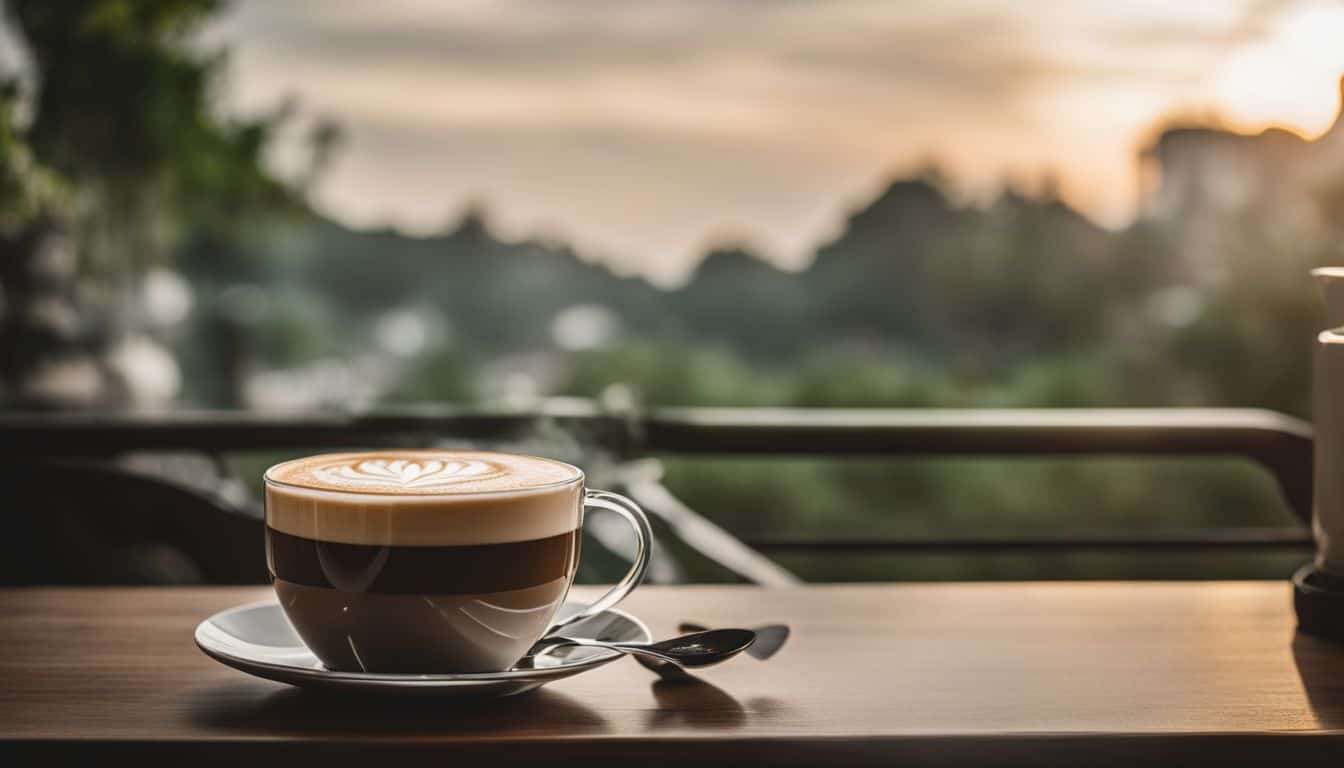
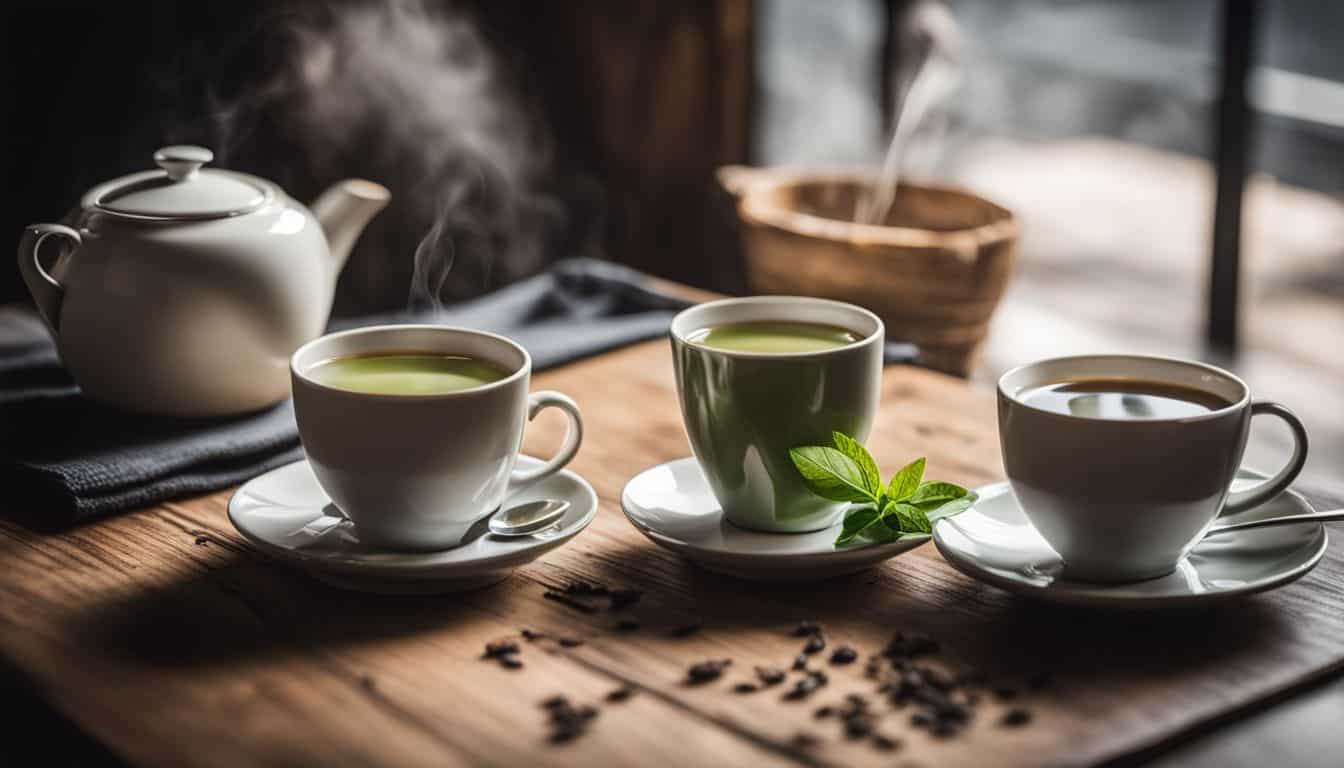

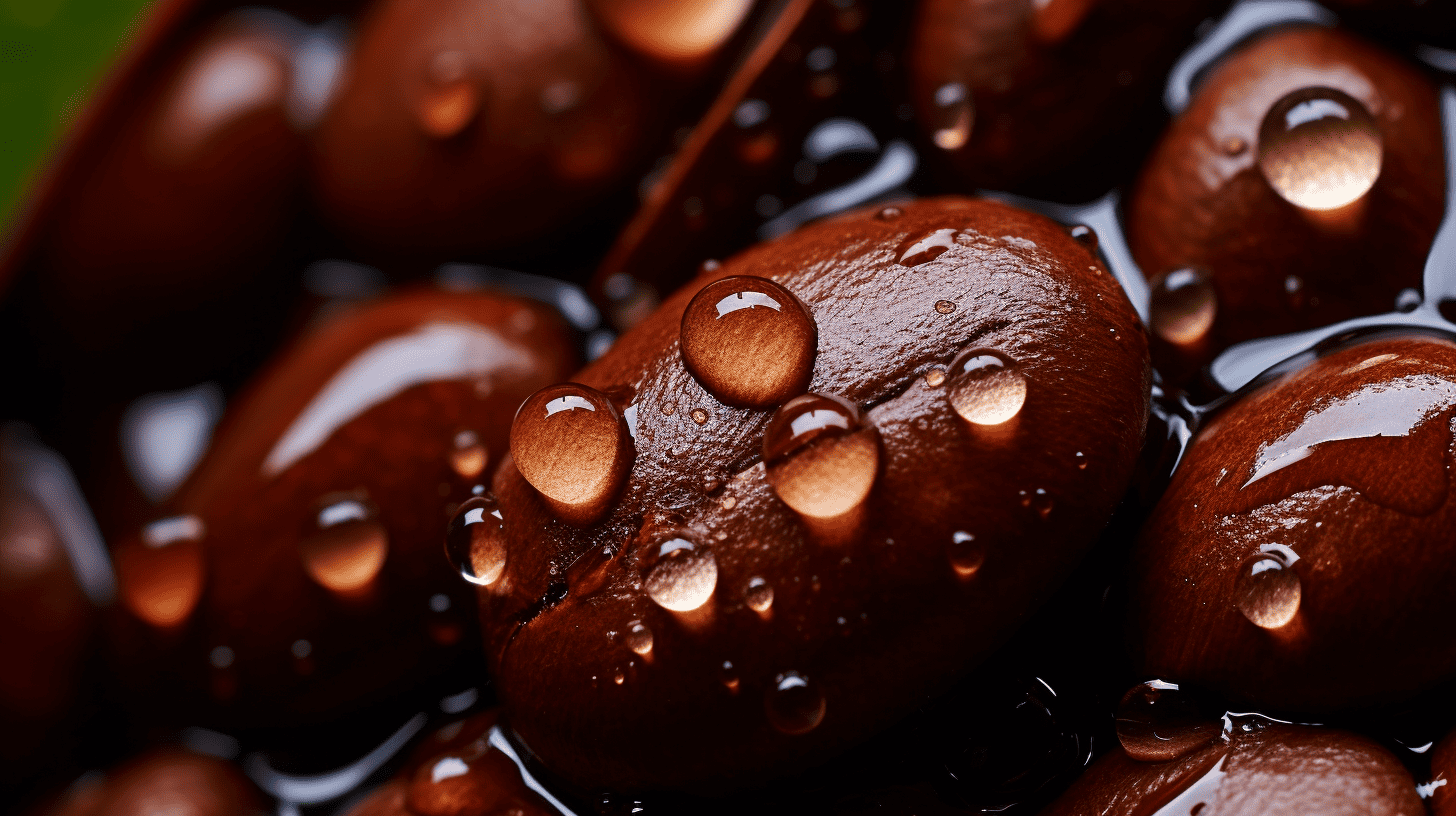
Leave a Reply